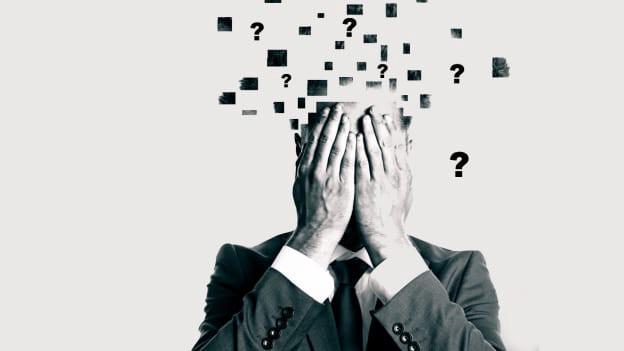Behavior versus Identity
How Our Actions and Who We Are Connect
Have you ever wondered about the concept of our behavior versus identity as it relates to your recovery journey?? It’s a fascinating topic that explores the relationship between our actions and our own sense of self. At Centered Recovery Programs, our clients learn mindfulness practices to under how we behave is connected to how we see our inner selves. In this article, we’ll dive into the world of behavior versus identity, unraveling how they influence each other and understanding the complex dynamics behind our actions.
What Behavior and Identity Really Mean
Okay, let’s break it down in simple terms. Behavior is all about what we do and how we react in different situations. It includes things we consciously choose to do, like our daily habits, as well as those automatic responses that come naturally to us. On the other hand, identity is about how we see ourselves and what makes us unique. It’s like our personal fingerprint that includes our beliefs, values, where we come from, our gender, and the experiences that shape us.
How Identity Shapes Our Behavior
Now, here’s the interesting part—our identity has a significant impact on how we behave. Our beliefs, values, and cultural background influence the way we see the world and guide our actions. For instance, if we strongly believe in fairness and justice, we’ll likely act in ways that reflect those values. Sometimes, even our gender or race can play a role in shaping our behavior, as society often has certain expectations for how we should act based on those factors.
But hold on! While our identity certainly has an influence, it doesn’t have the final say in how we behave. We have the power to reflect on our actions and grow as individuals, which means we can change how we behave even if it goes against our initial identity.
When Behavior Shapes Identity
Here’s a mind-blowing thought—our behavior can shape and redefine our identity too! The things we do and the experiences we have can change the way we see ourselves. Let’s say we consistently do kind things for others; that might lead us to think of ourselves as caring and generous people.
As we grow and experience new things, our identity can evolve. Exploring different cultures, learning new stuff, or adapting to new situations can open doors to new aspects of our identity that we didn’t even know existed.
The Power of Choice
Now, let’s not forget about the power of choice in this whole behavior versus identity conversation. While our identity and past experiences can influence our behavior, we still have the ability to make conscious choices about how we act. Even if our identity or societal expectations push us to behave in a certain way, we can choose to do things differently. This power of choice empowers us to grow, learn, and redefine ourselves through our actions.
Moving Beyond Either-Or
Here’s the thing—behavior and identity aren’t black and white. It’s not just one or the other; it’s a whole spectrum of connections and influences. Behavior and identity have this intricate relationship that can change and impact each other in various ways.
Understanding this complexity is key to our personal growth journey. It encourages us to question our actions and beliefs, and it opens us up to positive changes and self-improvement.
The New You, The Real You
So, there you have it! We’ve explored behavior versus identity and discovered how closely intertwined they are. Our identity affects our behavior, but guess what? Our actions can also shape who we are. We have the power to make choices and grow as individuals, even if it means going against our initial identity.
Embracing this understanding lets us approach our personal growth journey with curiosity and openness. We become empowered to shape our own development and contribute to a more inclusive and compassionate society. So go out there, make conscious choices, and let your behavior and identity dance together in harmony! Call us at 800.556.2966 to learn more about our program!
Written by Jennifer Lopes, BS Psy






